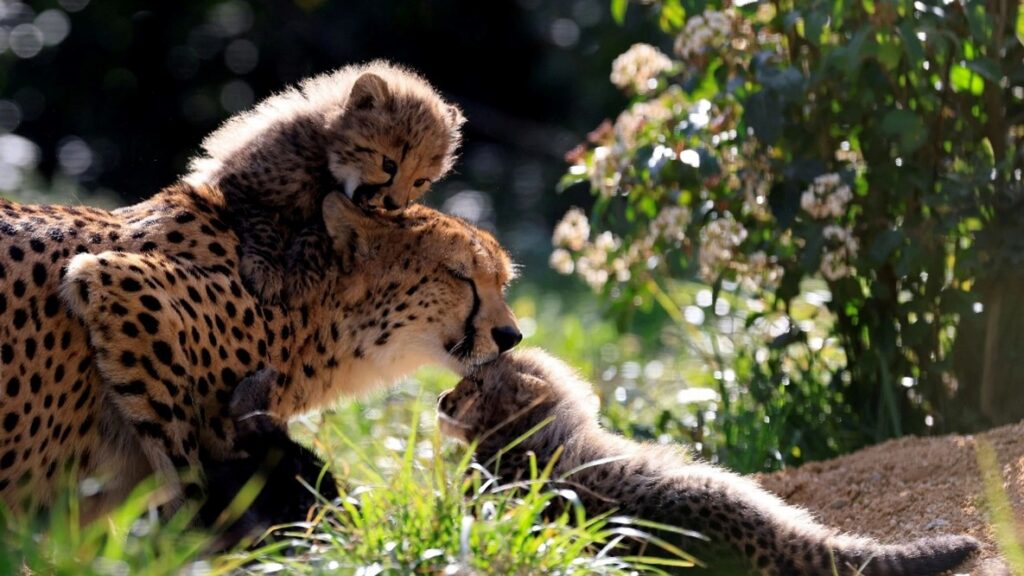New cheetah batch by December, high survival rate
New Delhi
India is preparing to bring a fresh batch of 8–10 cheetahs, likely from Botswana, by December, as part of its ambitious Project Cheetah, officials said on Wednesday. The programme, launched in July 2022, aims to reintroduce cheetahs, extinct in India, into the wild and has been hailed as a major success.
Since the first eight cheetahs arrived from Namibia in September 2022, followed by 12 from South Africa in February 2023, the animals have bred successfully in Kuno National Park, showing strong adaptation to local conditions. Currently, India has 27 cheetahs, including 16 born in the country, with a cub survival rate exceeding 61%, compared to the global average of 40%. Among translocated cheetahs, 11 have survived, including six females and five males, and 15 now roam freely in their natural habitat.
Officials credited the project’s growth to political support, India’s wildlife expertise, local community cooperation, and commitment to the government’s flagship programme. Authorities monitor cheetahs with radio collars, which allow rapid intervention if needed, dismissing concerns that collars have caused fatalities.
To expand the population, three more release sites have been identified: Gandhisagar and Nauradehi sanctuaries in Madhya Pradesh and Banni grasslands in Gujarat. Two cheetahs were released in Gandhisagar in April, and authorities plan to introduce 10–12 cheetahs annually to maintain sustainable numbers.
Overcoming challenges like climate differences and new pathogens, Project Cheetah now contributes significantly to global conservation efforts while ensuring the long-term survival of the species in India.

